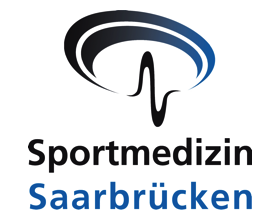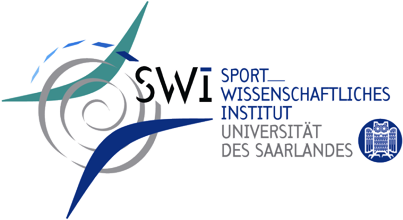Great Britain (England)

Liverpool John Moores University
Student Experiences
Internship LJMU Michel Kühn
In March 2020, I started my research internship at the School of Sports and Exercise Science at Liverpool John Moores University. As well as gaining an insight into biomechanics, I have mainly been working in the molecular muscle physiology lab under Prof Claire Stewart and Prof Jonathan Jarvis.
Molecular muscle physiology represents an intersection between molecular biology and sports science, which seeks to understand training-induced adaptive processes in skeletal muscle at the molecular level.
"Which genes are expressed during eccentric strength training? How and why does the protein composition of the muscle fibres change? Which molecular signalling pathways are used to initiate these adaptation processes?"
So, if you frequently ask yourself the question "Why does this type of training lead to these training adaptations?"... you've come to the right place. Due to the COVID-19 pandemic, I was forbidden to work with humans. Uunfortunately, I was not allowed to take biopsies from humans, but I was able to do animal work (with mice) and cell work (C2C12 stem cells).
Fortunately, I was able to collect data for my master's thesis at LJMU: Mice had electrodes surgically implanted on their hindlimbs and underwent eccentric strength training via electrostimulation. The mice were dissected and we examined acute mRNA expression after a single bout of eccentric strength training.
In the process, I learned how to homogenise muscle tissue and prepare it in order to isolate mRNA, DNA and other proteins. Afterwards, the muscle samples were analysed using "quantitative reverse transcription PCR" (qRT-PCR) to examine, which genes are increasingly transcribed by the training intervention (mRNA expression). Among others, we were investigating the genes for structural proteins (myosin heavy chain isoforms & titin isoforms), growth factors (IGF-1, MGF), metabolically related genes (PGC-1a, TFAM etc.), and mechanosensitive genes (UBR5 & Filamin B). Currently, we have been analysing the collected data collected (02/2021).
Besides my master project, I was also allowed to support other PhD students' projects. I learned different biochemical methods (immunoblotting etc.) to detect specific signalling proteins in muscle tissue. I was also allowed to grow muscle stem cells in the field of cell biology. All of this showed me the whole spectrum of muscle physiology. I can only recommend to apply for an exchange at LJMU. The topics "High-Performance Sport" and "molecular exercise physiology" complement each other greatly!
Best wishes
Michel
Internship LJMU Vicente Morales
Studying the international MSc programme at Saarland University and participating in the exchange experience at Liverpool John Moores University (UK) have offered me a different and interesting learning process over these two years. Being taught and guided by professors and supervisors who are international references in the sport sciences field, have provided me to learn and develop attributes which I can put now into practice in my new role at a professional football academy. With no doubt, I recommend to take the most out of all the opportunities that this programme offers.


